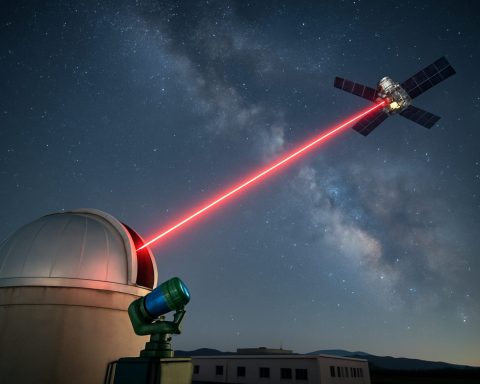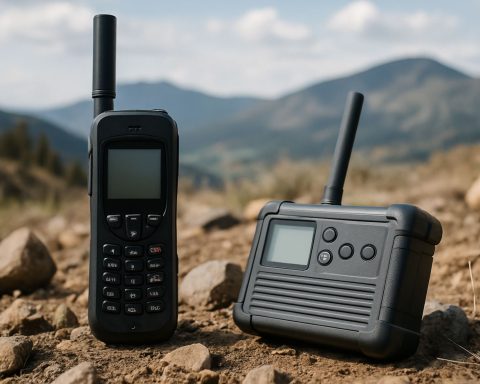
Procedural Content Generation
Procedural Content Generation (PCG) refers to the method of algorithmically creating data and content for various applications, particularly in video games and simulations. This approach involves using predefined rules and algorithms to generate content dynamically, rather than relying solely on hand-crafted assets. The types of content that can be generated include levels, terrains, textures, characters, and narrative elements.PCG can enhance the variety and unpredictability of a game or simulation, leading to unique experiences for users each time they interact with the content. It is often employed to fill vast virtual worlds or to create complex environments without requiring extensive manual design, saving development time and resources. Additionally, procedural generation can lead to emergent gameplay, where players encounter situations and challenges that are not carefully scripted but arise from the interaction of different game systems.Common techniques in PCG include fractals, noise functions, L-systems, and algorithms like Perlin noise or cellular automata. While PCG offers significant advantages in scalability and diversity, it also presents challenges in maintaining coherence, quality, and player engagement.




